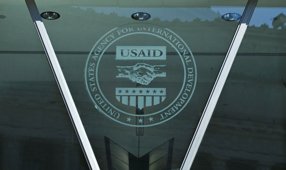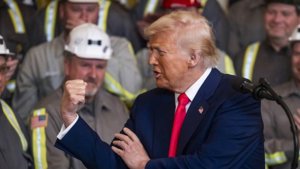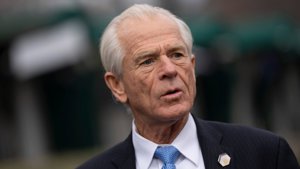
Bondi Backs Deportation Flights
United States Attorney General Pam Bondi defended the Trump administration’s recent deportation flights to El Salvador, stating on Friday that the government acted within legal bounds despite ongoing legal disputes. Bondi emphasized that no court order was violated, citing the Alien Enemies Act as the basis for the deportations. She asserted that the individuals expelled were high-risk and had ties to violent gangs.
The deportation operations have drawn strong criticism from human rights organizations, which argue that the administration’s swift actions are bypassing essential legal safeguards. These groups claim that due process is being overlooked in a rush to remove individuals without proper judicial review.
Controversy intensified following the revelation that U.S. authorities mistakenly deported Kilmar Armando Abrego Garcia, a Salvadoran national who had been granted legal protection against removal by a U.S. court. Abrego Garcia, who is married to a U.S. citizen and is the father of a disabled child, was nevertheless placed on a deportation flight to El Salvador due to what officials described as an “administrative error.”
Now under custody in El Salvador, Abrego Garcia cannot return to the United States. His case has been cited by advocacy groups as a glaring example of what they see as systemic flaws in the current deportation process. Legal experts warn that the precedent could lead to further violations of court-ordered protections and constitutional rights.
Bondi did not comment on the specific error in Abrego Garcia’s case but reiterated that the administration is focused on protecting national security and public safety. “These are dangerous individuals with known gang affiliations. We’re using the legal tools at our disposal to safeguard American communities,” she stated.
The administration’s use of the Alien Enemies Act, a rarely invoked law dating back to the early 19th century, has raised legal and ethical questions about its modern applicability. Critics argue that the law’s broad language can enable overreach and may not provide sufficient checks on executive power.
As legal challenges continue, the case has become a flashpoint in the broader debate over immigration enforcement, due process, and human rights under the Trump administration’s policies.






